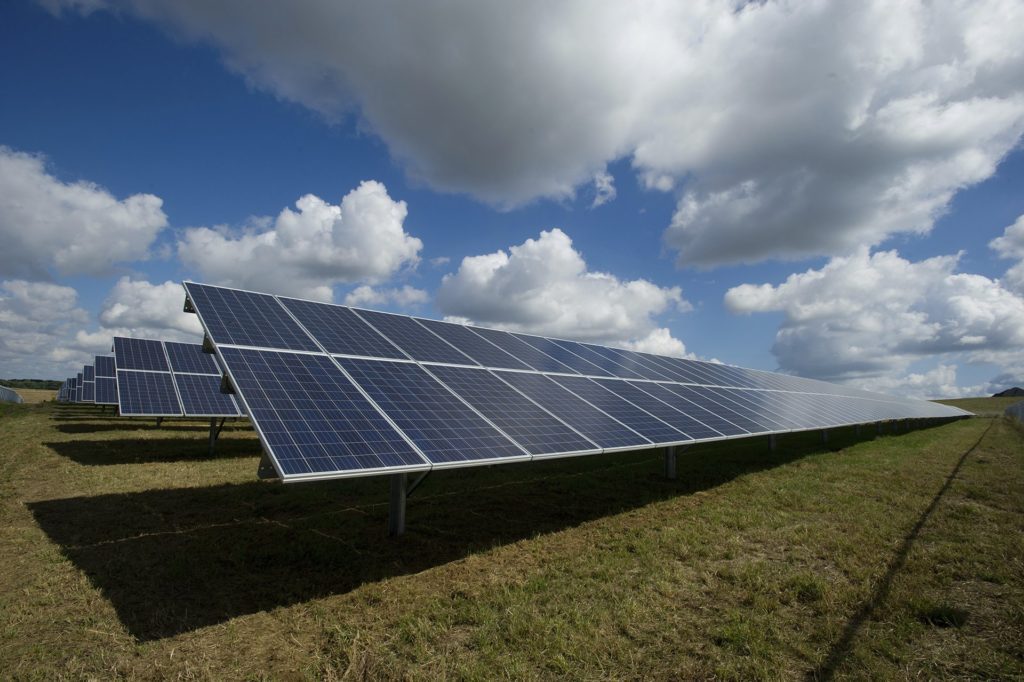When thinking about energy solutions for homes, it’s pertinent to understand how to make your home more energy-efficient. There are many considerations to consider before implementing the right plans and ensuring that you’re making an informed choice. Although there are multiple ways homeowners can save energy, not every method is suitable for everyone.
There are some basics that you should know about energy solutions for homes, which is why.
It’s also essential to understand how you can make your home more energy-efficient. Although there are multiple ways homeowners can save energy, not every plan is suitable for everyone. You should know some basics for home energy solutions, which is why this article was written.
Research costs of different energy plans
Research the costs of different energy plans. Doing this can confirm that there are no hidden fees or additional charges not included in your estimations. This way, you will choose an energy plan that suits your budget. You can get estimates from your local power companies. This can be a great way to start your research. You should also talk to the energy company and get their plan’s terms and conditions in writing – this will help you understand how you must pay for your energy usage.
When comparing different plans, consider additional costs like home phone service fees, installation fees, equipment costs, etc. If you’re not sure, ask the representative about other expenses.
Different companies offer different plans: fixed-rate plans, variable-rate plans, and indexed rate plans. Variable Rate Plans are the cheapest ones, but consider Fixed Rate – it gives you stability and predictability. You can also get a low-priced Indexed Rate plan if you don’t mind the risk of higher bills in case of high energy prices.
Find an energy supplier in your area
Many companies aim to provide energy for the future at more affordable prices with excellent customer services. One of them is Big Sky Energy in Queensland and an awesome thing is that they have plans for homeowners, business people, renters, or property managers considering installing solar systems.
When finding the right energy supplier, the first step is to check with your local government servicing or licensing department. This will provide you with an extensive list of energy suppliers that have acquired a business license, so you can compare the services they offer.
If this fails, start by searching online for an ‘energy supplier,’ then narrow down your search according to state or territory.

Know when you can switch
Most states have rules on how long you can be bound to a contract with an energy company. For instance, if you are on a variable rate plan, some contracts state that customers are locked in for at least six months after their first billing cycle. Others may say twelve months.
Ensure you know the rules before signing on with an energy company, as this will show when you can switch plans. You don’t want to be caught in a case where you want to change but can’t because of a previous agreement.
Determine the contract length of your fixed-rate plan
Many have a one-year plan to save you money, while others are available for up to six months. If you are not changing your energy provider next year, this could change your overall costs. Be aware of how much you pay per kWh if you ever see an ad that promises the lowest rate or states it is based on ‘your usage.’ This is not an ethical practice, and they could take advantage of the fact that most people don’t know how much they pay for a kWh.
Your contract length often determines your lock-in period, which can affect you if you ever need to move or switch providers. Some energy suppliers will only let you out of a contract if you find a provider offering a better deal. Read all contracts before signing and make sure you understand what each part covers, especially termination fees.
Choose the right energy rate plan based on your needs
Several types of energy rate plans are available for residential use, and it’s challenging to sort through all the options. Fortunately for you, a simple solution will help you pick out just what it is you’re looking for in an energy rate plan. To choose the right energy rate plan, you first need to figure out your home’s energy needs.
Once you have determined your energy needs, you can begin looking for solutions that will meet those requirements. Your home may not require the same energy plan as another home located in a different area with its unique requirements, but there are several factors that most homes have in common. First, you need to determine how much energy your home uses. Many utilities offer electric usage history for homes that are available online. If the utility does not provide this service or has access to it, you can get a meter reading from the previous month and average the total amount of kWh used.
Getting the right energy solutions for your home shouldn’t be a daunting task because of the complexity of the subject. However, there are many ways to quickly get power and select the right solution for your home. With the ideas shared above, you’re pretty sure to make an excellent decision. Now, go for it.






